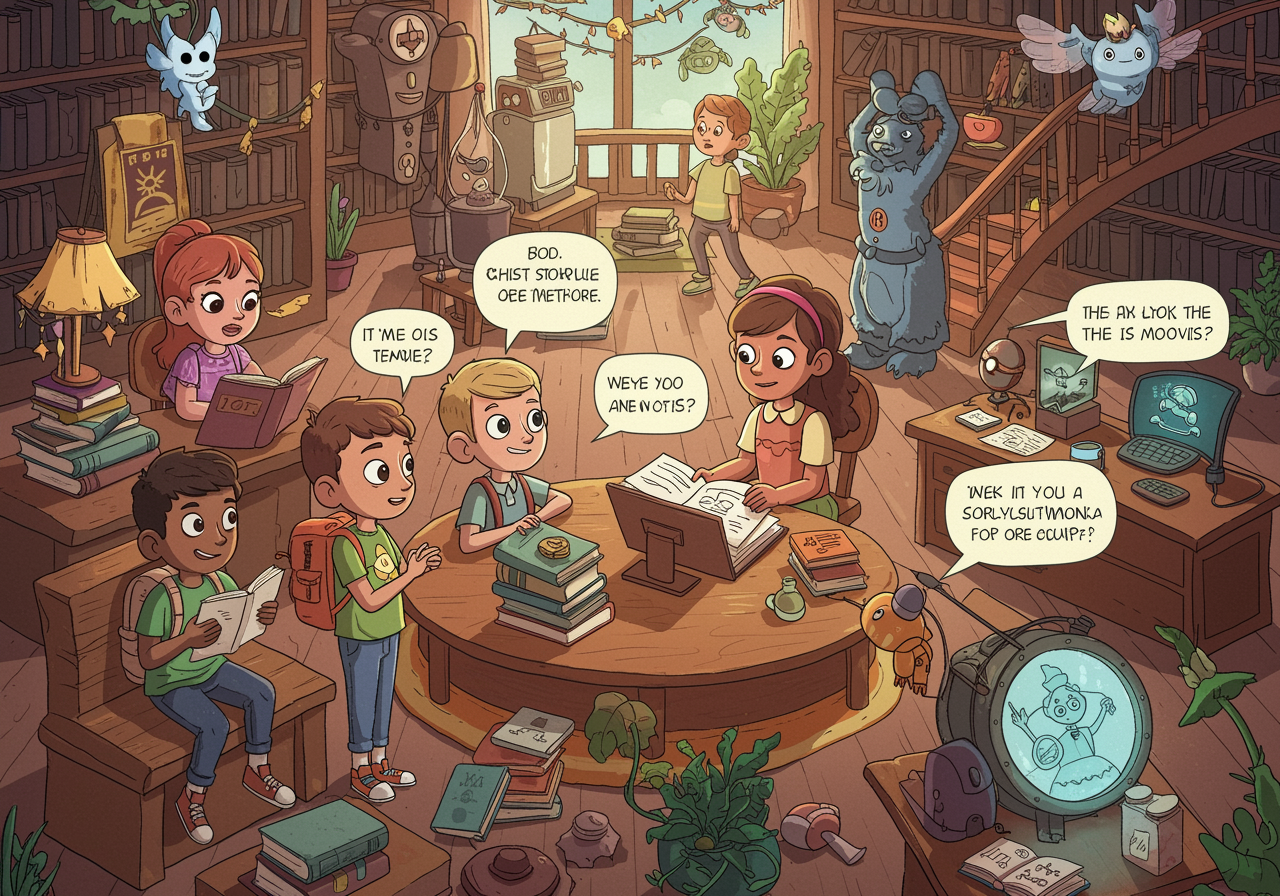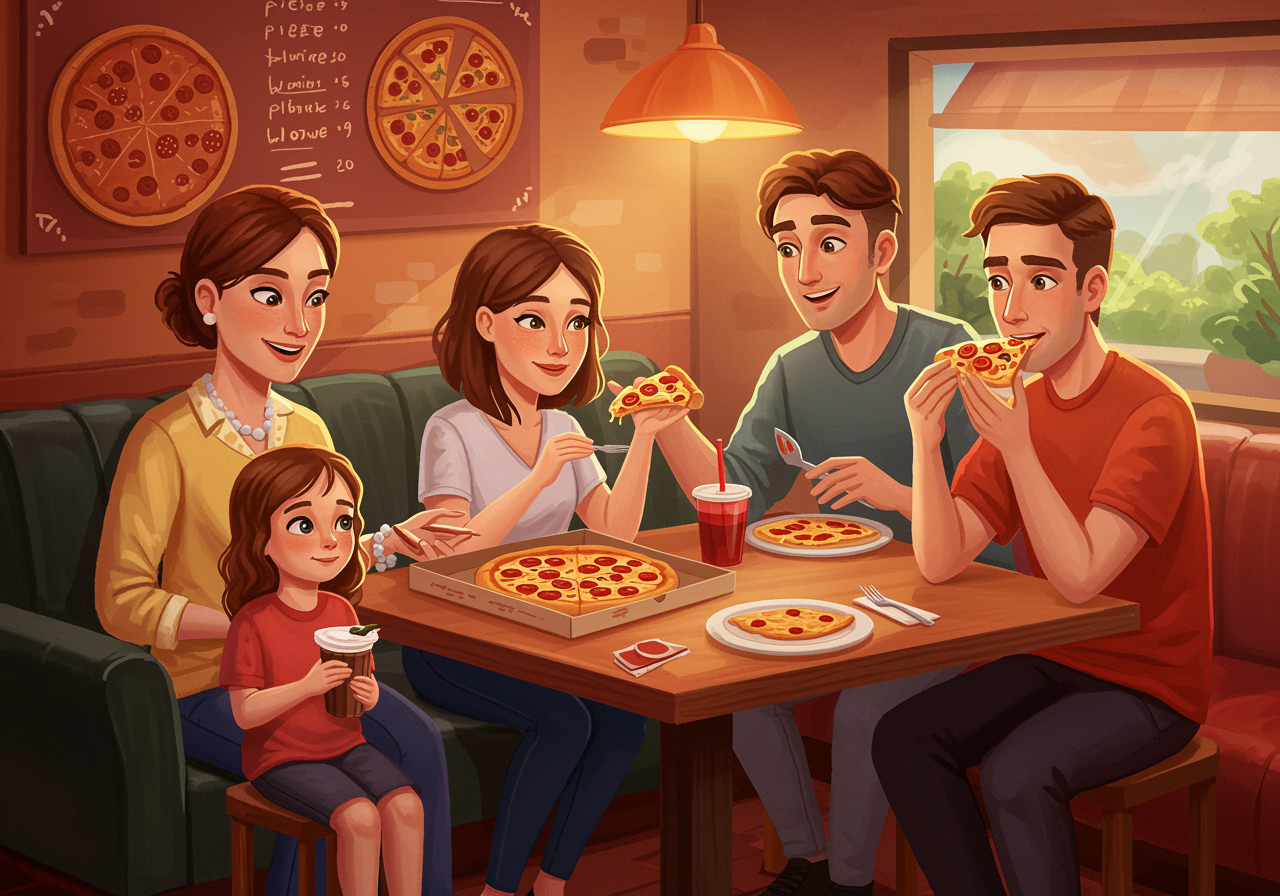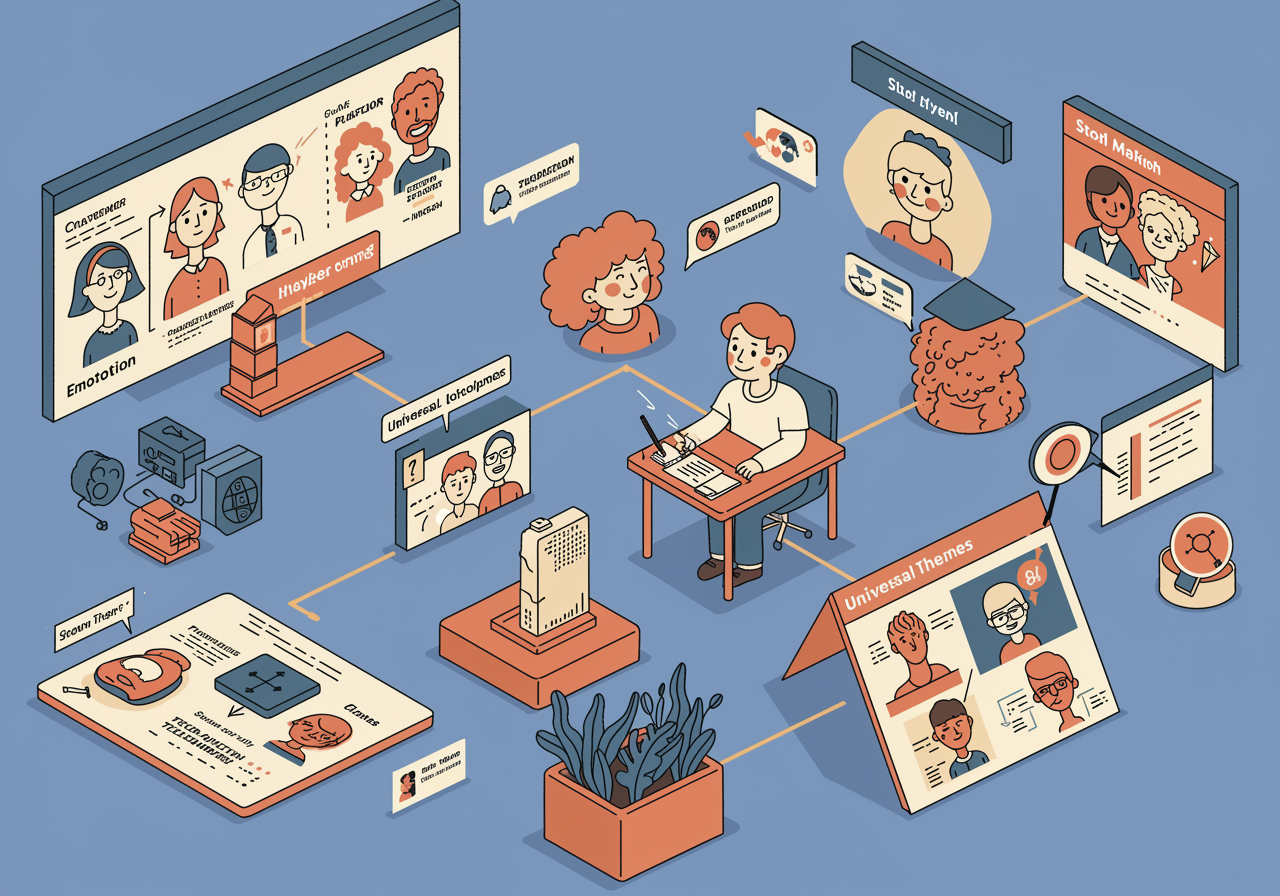The Secret Recipe: Why Some Stories Stick While Others Flop
Discover the hidden ingredients that make stories unforgettable
Ever wonder why you binged one show in a weekend but couldn’t get past episode one of another, even though they’re both the same type of story?
Overview
Have you ever noticed how your teen can binge-watch an entire series in one weekend, but turns off another show after just five minutes? Or how they'll read a book series obsessively while another sits untouched on their shelf? This happens because stories have secret ingredients that either connect with our hearts and minds or leave us cold. Understanding what makes stories resonate helps kids become smarter consumers of media and better communicators themselves. It's like being a detective for emotions and human connection!

Understand in 30 Seconds
Get up to speed quickly
- Emotional Connection is Everything: Stories that stick make us feel something real. They tap into emotions we've experienced or fears we've had, creating a bridge between the story and our own lives.
- Characters Must Feel Real: The best stories have characters who act like actual people with flaws, hopes, and believable reactions. When characters feel fake or perfect, audiences lose interest fast.
- Timing and Culture Matter: Sometimes a story succeeds because it arrives at exactly the right moment in history or culture. The same story told at a different time might completely flop.
- Universal Themes Win Hearts: Stories about love, friendship, growing up, or overcoming challenges speak to everyone, no matter their background. These themes are like a universal language.
Real Life Scenario
Situations you can relate to
Think about your favorite pizza place versus one you tried once and never went back to. Both serve pizza, but one just hits differently, right? Maybe the crust is perfectly crispy, the sauce has that special tang, or the staff remembers your order. Stories work the same way! Take two superhero movies from the same year. One becomes a massive hit that everyone quotes, while the other is forgotten by next month. The difference isn't always the budget or special effects. The winning story might have a hero who struggles with real problems you relate to, dialogue that sounds like how people actually talk, or themes about family and belonging that make you think about your own life. What makes YOU choose one story over another?

Role Play
Spark a conversation with “what if” scenarios
What if you were a movie studio executive trying to decide which script to greenlight?
- Role play: Have your teen pitch their favorite book or movie to you, explaining why audiences love it. Then flip roles and pitch a story you think would flop, discussing what's missing.
What if you had to explain to an alien why humans cry during certain movies but laugh during others?
- Role play: Take turns describing emotional scenes from different stories, focusing on what specific elements trigger those feelings and why they're so powerful.
What if you were a detective investigating why one TikTok video goes viral while 1000 similar ones don't?
- Role play: Analyze viral content together, looking for patterns in timing, relatability, and emotional hooks. Create your own 'viral formula' based on your findings.
FAQs
Frequently asked questions people want to know
Does a bigger budget always make a better story?
Nope! Some of the most beloved stories were made on tiny budgets. Amazing effects can't save a boring story, but a great story can make you forget about low-budget effects.
Why do I love stories my friends think are boring?
Personal taste is shaped by your experiences, personality, and what you need emotionally at that moment. What resonates with you might not click with someone else, and that's totally normal!
Can you predict which stories will be successful?
Not exactly! While there are patterns, storytelling success often involves timing, luck, and cultural moments that are hard to predict. That's what makes it exciting and mysterious.
Examples in the Wild
See how this works day to day
- The success of 'Wednesday' on Netflix versus other teen supernatural shows that failed to catch on, despite similar themes and production values (Netflix viewing data and entertainment industry analysis)
- How 'Everything Everywhere All at Once' became a surprise hit by combining universal family themes with unique storytelling methods (Box office reports and audience surveys from A24 Films)
- The contrasting reception of different Marvel movies, showing how character development affects audience connection even within the same franchise (Marvel Studios box office data and fan community feedback)
- BookTok's influence on which young adult novels become bestsellers, demonstrating how authentic emotional connection drives word-of-mouth success (Publishing industry reports and social media trend analysis)
In Summary
What you should know before you start
- Stories that resonate create genuine emotional connections through relatable characters and universal themes
- Authenticity beats perfection – audiences connect more with flawed, realistic characters than perfect ones
- Timing and cultural context can make or break a story's success, regardless of its quality
- Understanding what makes stories work helps kids become better consumers and creators of content
Pro-tip for Parents
You got this!
If your teen dismisses a story you love as 'boring' or 'old,' resist the urge to defend it immediately. Instead, ask what specifically didn't connect with them, then share what drew you in. This creates space for both perspectives and often leads to deeper conversations about how different generations and personalities respond to different storytelling approaches. Remember, their taste is still developing, and what doesn't resonate now might click later in life.

Keep an Eye Out For
Find these examples in everyday life
- When new movies, shows, or books generate buzz online, discuss with your teen what elements seem to be hooking audiences
- Notice when your teen re-watches or re-reads something multiple times, and explore what keeps drawing them back
- Pay attention to stories that become cultural phenomena and analyze together what made them special versus similar content that didn't catch on
Explore Beyond
Look up these related research topics
- How social media algorithms decide which content gets seen and which gets buried
- The psychology behind why certain songs get stuck in our heads while others are instantly forgettable
- How different cultures tell stories differently and what that reveals about human values and communication